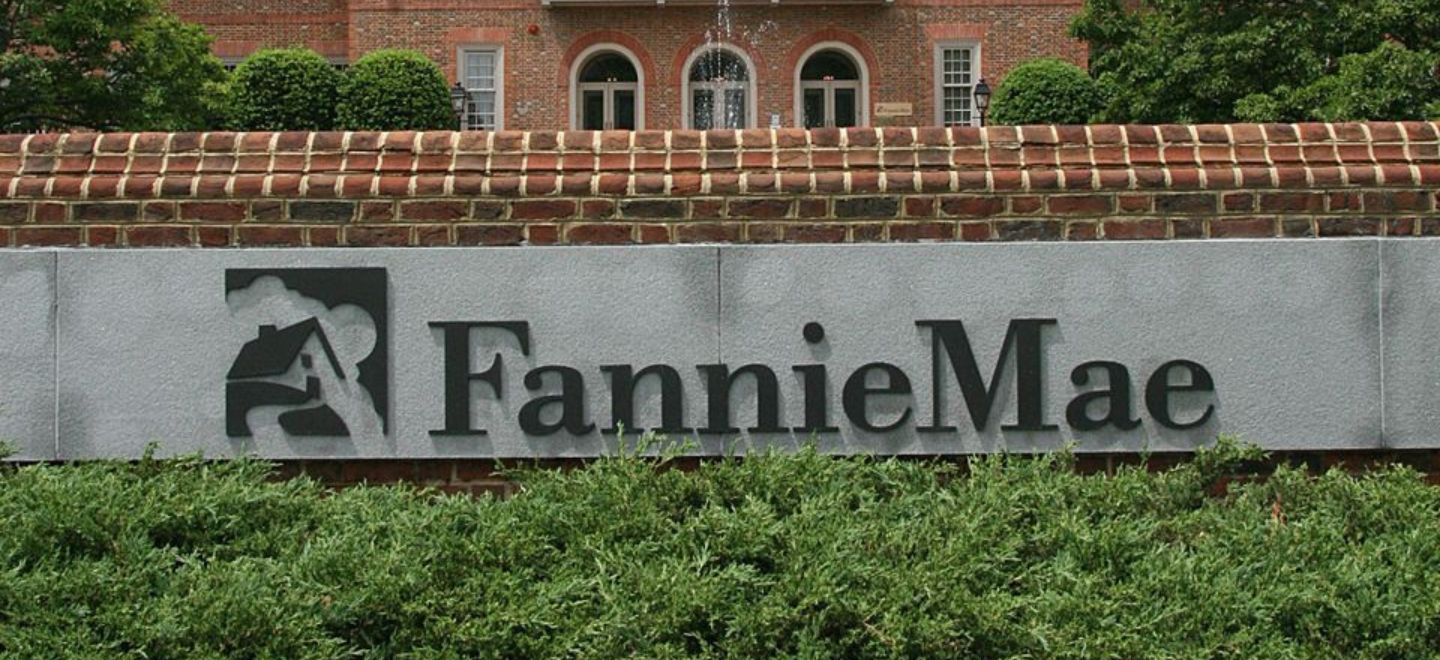Fannie Mae now allows ADU rental income to help buyers qualify for mortgages

Fannie Mae, short for the Federal National Mortgage Association, is a government-sponsored enterprise created by Congress to expand access to affordable mortgage financing.
Overview: Fannie Mae has introduced a major policy change that could reshape housing affordability in the U.S. Homeowners and buyers can now use rental income from an Accessory Dwelling Unit (ADU) to help qualify for a mortgage — a move designed to expand access to credit and encourage ADU construction nationwide.
This update, published in Fannie Mae’s Selling Guide (SEL-2025-08) on October 8, 2025, marks the first time that projected ADU income can be counted toward mortgage qualification on a purchase or refinance of a one-unit primary residence.
What the new policy says
According to Fannie Mae’s updated Selling Guide Sections B3-3.1-08 and B3-3.2-02, lenders can now include projected ADU rental income when calculating a borrower’s qualifying income — provided the borrower’s property meets eligibility and documentation standards.
The new rule applies to one-unit owner-occupied homes that include one ADU, whether attached, detached, or part of a manufactured home. To document this income, borrowers must provide either:
- A current signed lease, or
- A Single-Unit Residential Appraisal (Form 1007) or Small Residential Income Property Appraisal (Form 1025) showing fair market rent.
Why this matters
Until now, most lenders could not count ADU rental income toward qualification unless the borrower had prior landlord experience or was refinancing an existing property. This restriction limited purchasing power for many middle-income buyers and first-time homeowners who planned to rent out an ADU to offset housing costs.
With this update, Fannie Mae broadens the path to homeownership by allowing borrowers to qualify based on realistic income potential from an existing or newly built ADU. The policy also supports multigenerational and affordability-focused housing models, aligning with Fannie Mae’s broader goals of expanding housing access and encouraging small-scale infill development.
In a statement accompanying the Selling Guide release, Fannie Mae emphasized that the change “supports housing affordability by recognizing rental income from small units such as ADUs as a sustainable income source.” (Fannie Mae, 2025)
Timeline & next steps
- October 8, 2025 — Policy Released:
Fannie Mae publishes Selling Guide Update SEL-2025-08, authorizing the use of ADU rental income for qualifying borrowers. - Late 2025 — Implementation Underway:
Lenders begin updating internal underwriting systems and incorporating new ADU income calculations. - 2026 and Beyond — Market Impact:
Industry analysts expect greater demand for homes with ADUs and expanded financing options for homeowners adding these units — potentially spurring more local ADU development nationwide.
Future impact
This policy could be transformative for housing affordability, especially in high-cost states like California, Oregon, and Washington, where ADUs are increasingly used to address housing shortages. By allowing ADU income to count toward loan qualification, Fannie Mae effectively treats small-scale rental housing as a mainstream financial tool, helping more families buy, build, and stay in their homes.
Quick tip: If you’re planning to buy or refinance a home with an ADU, ask your lender whether they’ve adopted Fannie Mae’s new guidelines. Although the update is officially in effect, lender adoption timelines may vary as institutions roll out updated underwriting systems and staff training.
Xavier Rodriguez is the CEO of ADU Geeks, San Diego’s leading ADU consulting and project management firm. In 2024, the company was ranked No. 1 on the San Diego Business Journal’s Fastest Growing Private Companies list in the Small Business category, achieving 594.3% revenue growth.
Related ADU News
Looking for more ADU news? Continue exploring in-depth articles on California accessory dwelling unit laws, policy updates, and development trends.
.webp)
Ready to begin your journey?
Take the first step toward transforming your property and your life. Schedule a consultation with one of our experts and start your ADU journey today.




.svg)

